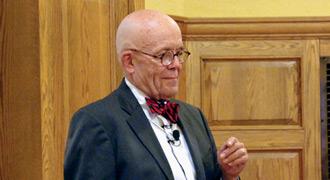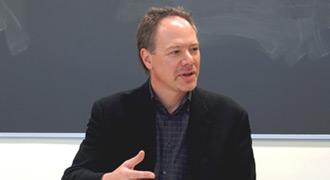Yale has been home to some of the world's foremost political scientists and the current faculty includes diverse practitioners of all the major methodologies of political science. The undergraduate program offers a range of courses including American government, comparative government, international relations, analytical political theory, and political philosophy. The graduate program trains professional political scientists for careers in research and teaching, government, international organizations, business, and other callings outside the academic world. Learn more at http://www.yale.edu/polisci

Capitalism: Success, Crisis, and Reform
In this course, we will seek to interpret capitalism using ideas from biological evolution: firms pursuing varied strategies and facing extinction when those strategies fail are analogous to organisms struggling for survival in nature. For this reason, it is less concerned with ultimate judgment of capitalism than with the ways it can be shaped to fit our more specific objectives--for the natural environment, public health, alleviation of poverty, and development of human potential in every child.

Introduction to Political Philosophy
This course is intended as an introduction to political philosophy as seen through an examination of some of the major texts and thinkers of the Western political tradition. Three broad themes that are central to understanding political life are focused upon: the polis experience (Plato, Aristotle), the sovereign state (Machiavelli, Hobbes), constitutional government (Locke), and democracy (Rousseau, Tocqueville). The way in which different political philosophies have given expression to various forms of political institutions and our ways of life are examined throughout the course.